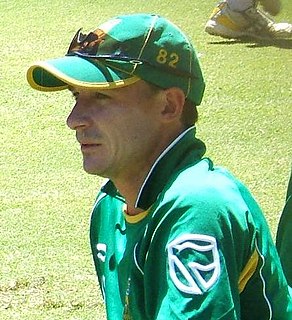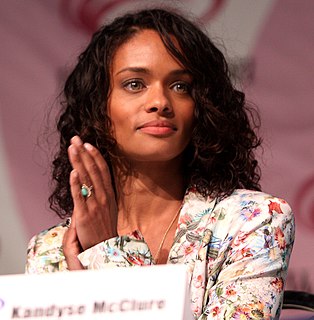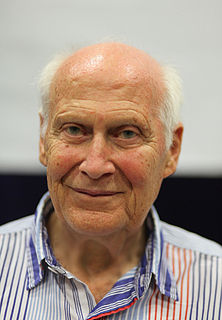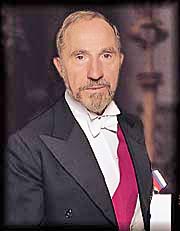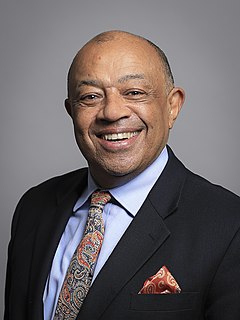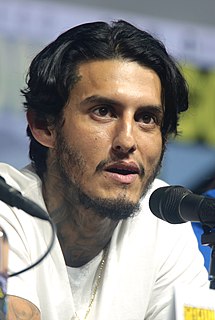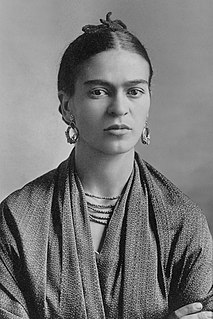A Quote by John Kani
If we'd lived in England or America we'd have told stories abut our lives and nobody would have called it protest theatre. But the reality of South Africa was the arrests and detentions and oppression - we could not escape that, so we decided to take it on.
Related Quotes
I lived in South Africa until I was 11 when we first immigrated. My mom had sent me back there when I was 14 for summer vacation. I wasn't doing very well in school, my grades were slipping. I called my mom one day and told her that I wasn't coming back. I ended up staying there until I was 17 before coming back to North America.
I am honoured to be asked to take on this role, especially as it comes at such an integral time for our relationship with South Africa and the African continent. There shall be many new challenges and opportunities ahead and I look forward to embracing them with great anticipation [on becoming the UK's high commissioner to South Africa]
There's so many ways to be a voice and that's what I'm figuring out. Being an artist, being an actor, it's about telling stories that could heal, that could open up discussion that could make the community better. There are many (Latino) stories that need to be told and haven't been told right. If I could help be that voice then that's what I'm going to do, because this is a reality for me.
It is considered in England and the United States that the Government of South Africa is altogether too harsh with its native peoples. It is sadly humorous to notice that the native in South Africa, however, holds an exactly reverse opinion and the fault he finds with the South African Government is that it is far too lenient in its administration of laws throughout the native populace.
We were land-based agrarian people from Africa. We were uprooted from Africa, and we spent 200 years developing our culture as black Americans. And then we left the South. We uprooted ourselves and attempted to transplant this culture to the pavements of the industrialized North. And it was a transplant that did not take. I think if we had stayed in the South, we would have been a stronger people. And because the connection between the South of the 20's, 30's and 40's has been broken, it's very difficult to understand who we are.
I wish I could do whatever I liked behind the curtain of “madness”. Then: I’d arrange flowers, all day long, I’d paint; pain, love and tenderness, I would laugh as much as I feel like at the stupidity of others, and they would all say: “Poor thing, she’s crazy!” (Above all I would laugh at my own stupidity.) I would build my world which while I lived, would be in agreement with all the worlds. The day, or the hour, or the minute that I lived would be mine and everyone else’s - my madness would not be an escape from “reality”.

